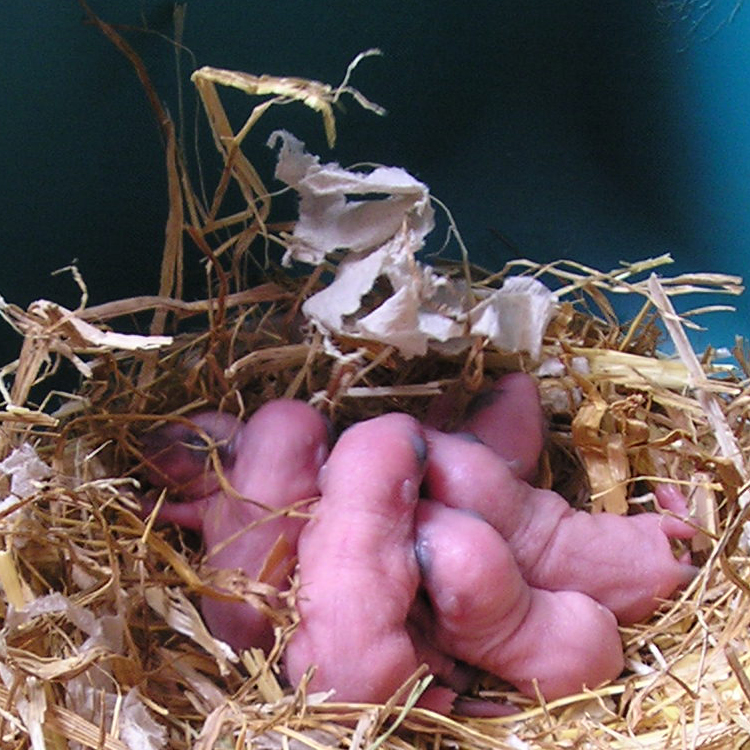Gerbil Breeding
 Before breeding gerbils some things need to be taken into consideration - do you have the space and time for up to eight new gerbils, and the subsequent cages for when they need to be separated? If you are doing it for the money, don’t bother! If you are determined to breed gerbils, then the process begins of genetic combinations which can be found on various internet websites such as gerbil-info.com.
Before breeding gerbils some things need to be taken into consideration - do you have the space and time for up to eight new gerbils, and the subsequent cages for when they need to be separated? If you are doing it for the money, don’t bother! If you are determined to breed gerbils, then the process begins of genetic combinations which can be found on various internet websites such as gerbil-info.com.
These combinations are varied, and can produce different coloring of the fur and eyes. These combinations are complicated and require research on the breeders’ part. Main points of consideration in breeding are: Temperament; Health; and Color. Overall, health and temperament are the most important, but color is as well, as it will make it easier to place your pups if they are in demand colors. Avoid gerbils that had any illnesses or were frail as pups. Temperamentally, the best gerbils are those that will sit on your hand, and are easy in human company. Avoid those that bite, as this is not a common trait of gerbils, except when they feel threatened.
Gerbil females can mate until they are two years old, and male gerbils for their lifetime. Gestation lasts 24 days, up to 28 days. The mother will not “show” until a few days before birth. When the babies are born, the mother will reach underneath her and take the baby and clean it. The mother may be fidgety in the days after birth, and want to be alone. If she does this, put a heated lamp - not too hot - on the babies, and give the mother half an old toilet roll to chew on. If babies are removed by the father, return them to the mother. When handling gerbil babies, always clean your hands, as foreign scents such as soot and dust can cause the mother to reject or even attack a baby.
In an emergency, babies can be fed using kitten replacement milk through a small syringe, although this is best avoided by encouraging the mother to take care of her babies.
Always handle the pups with one hand cupping the pup, and the other underneath. Following the birth, do not change the cage environment and generally leave the parents to care for their pups. In general, gerbils make excellent parents, and intervention should only be made if things are going drastically wrong. Just let them do their thing.